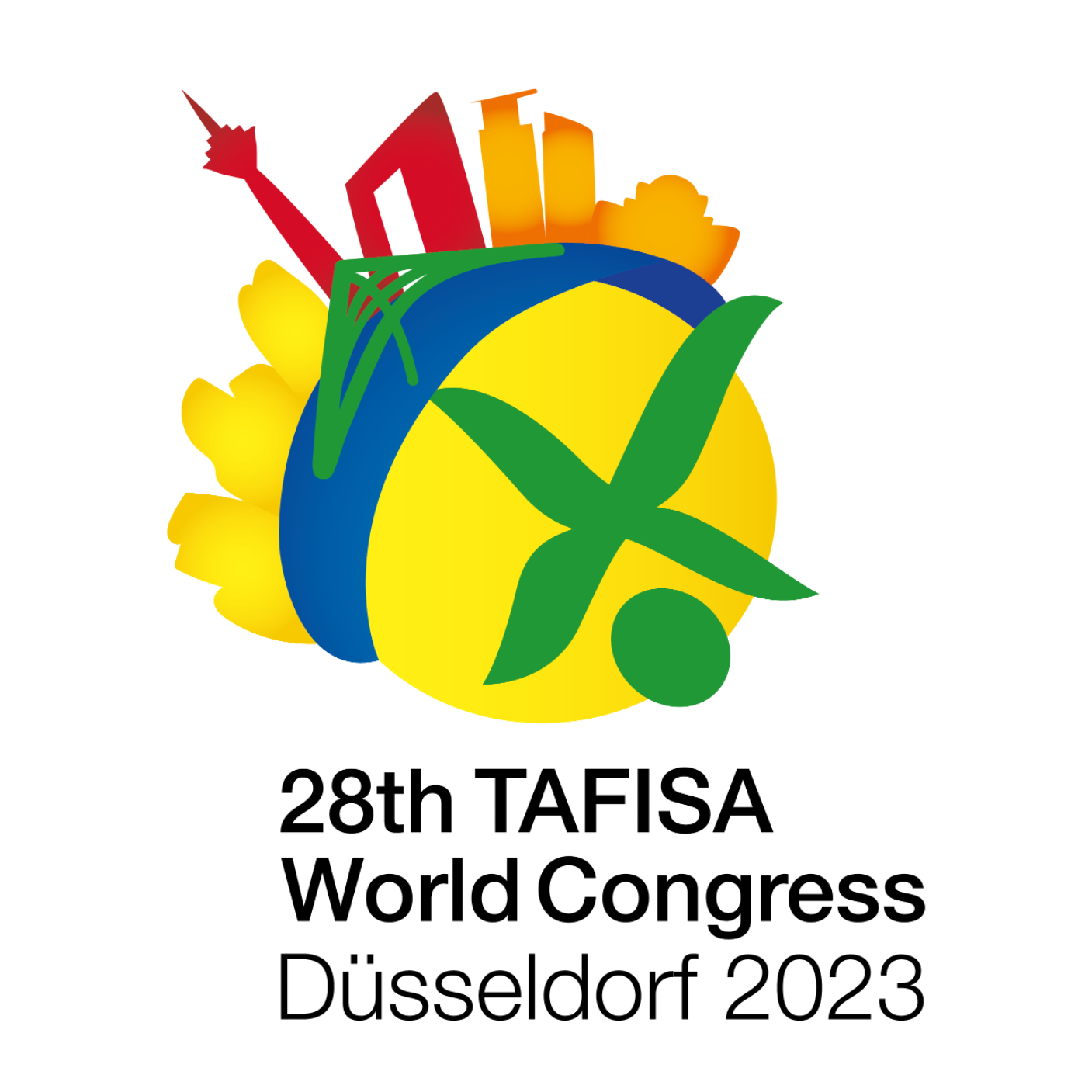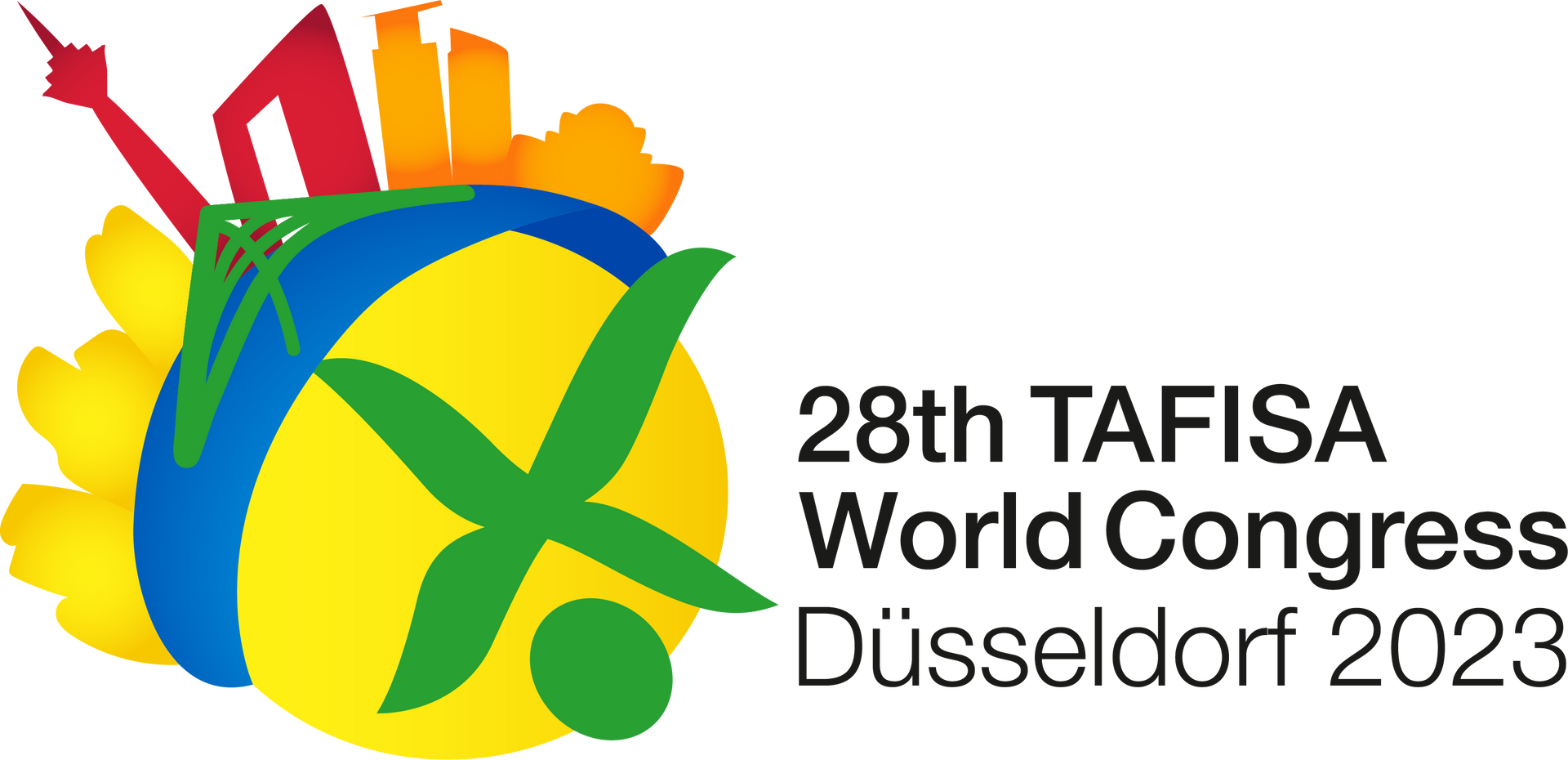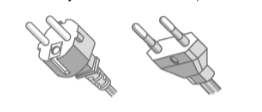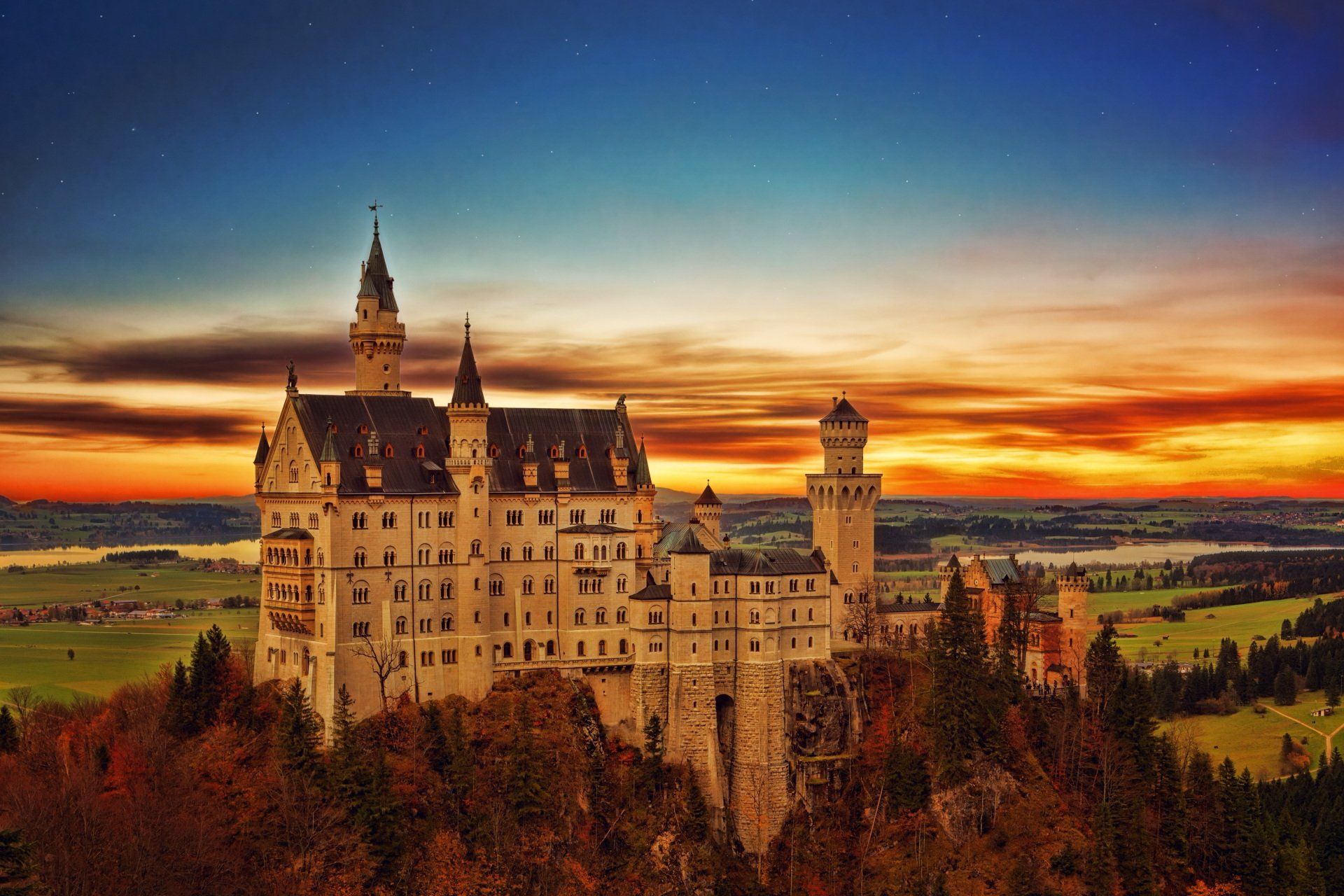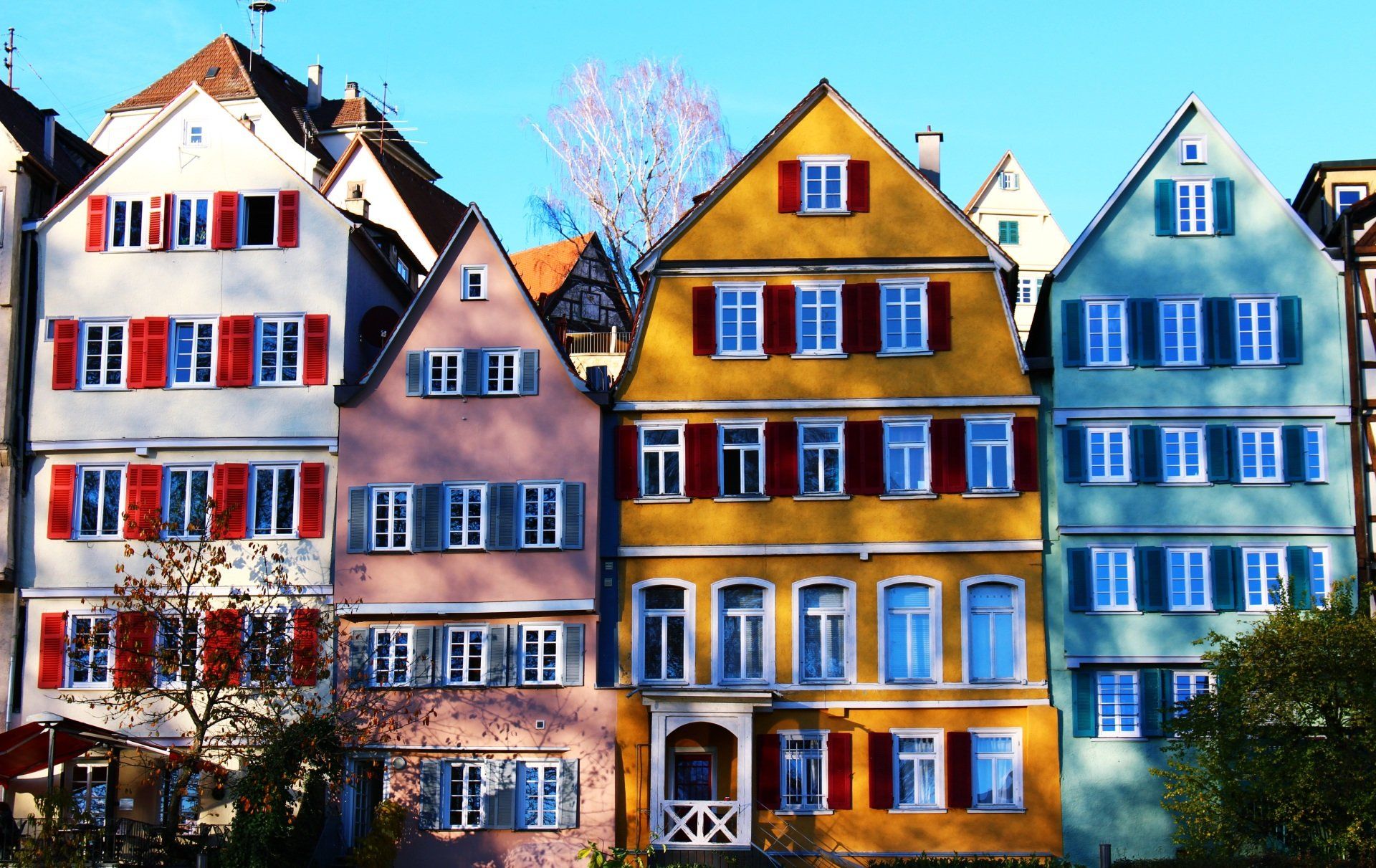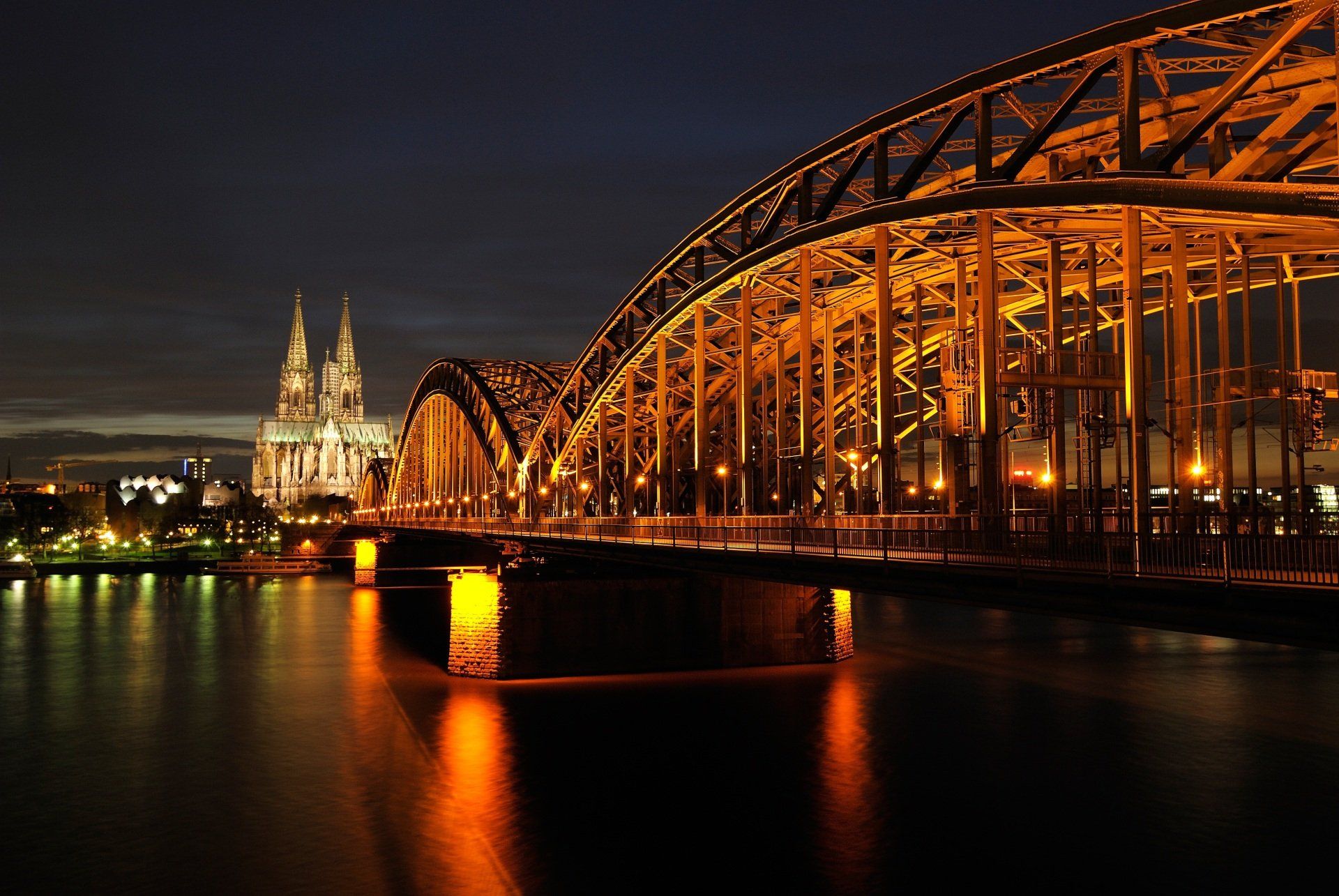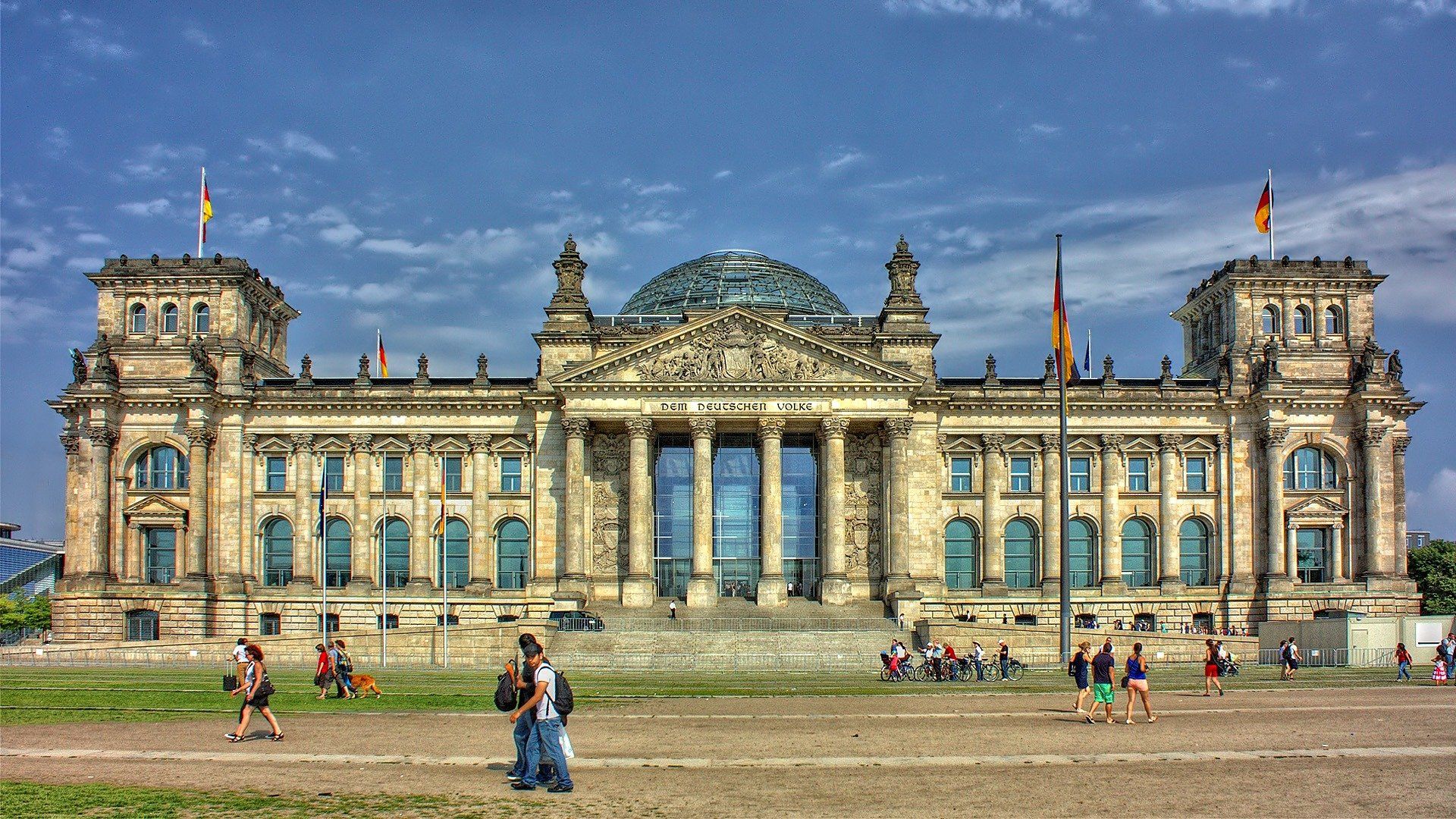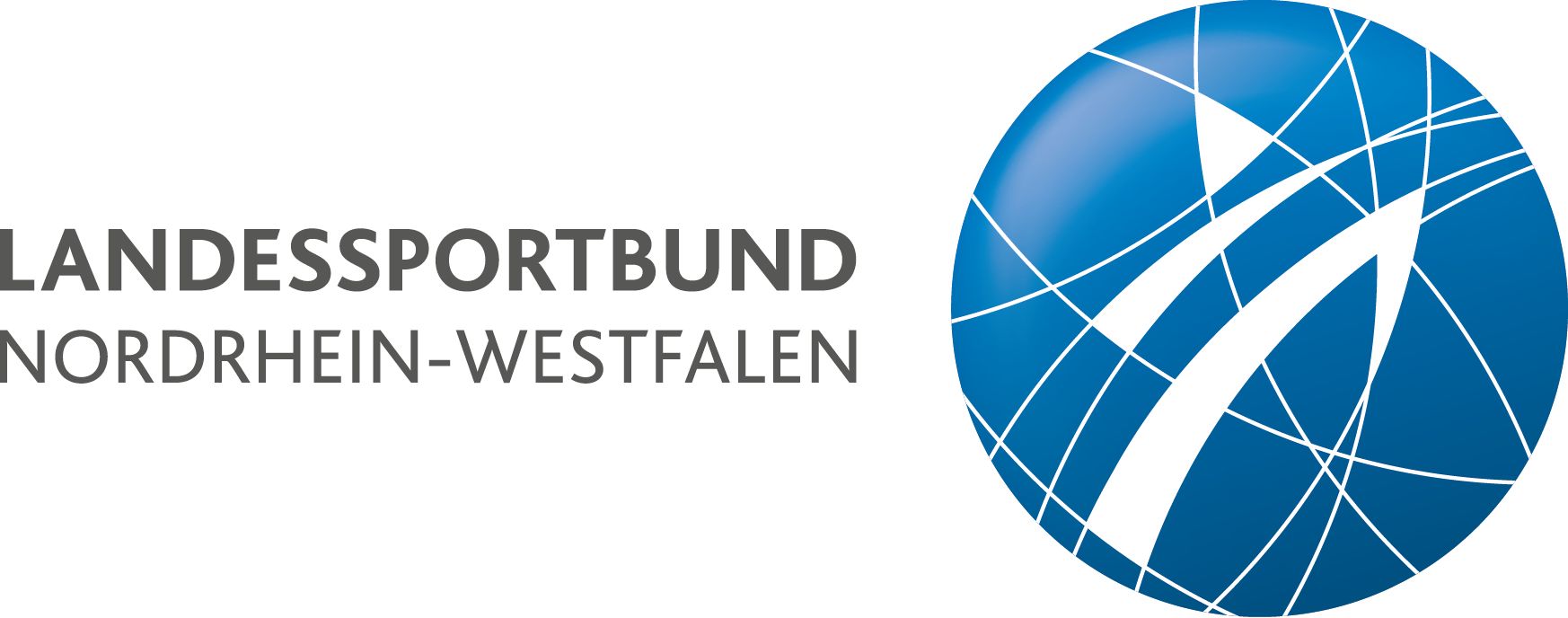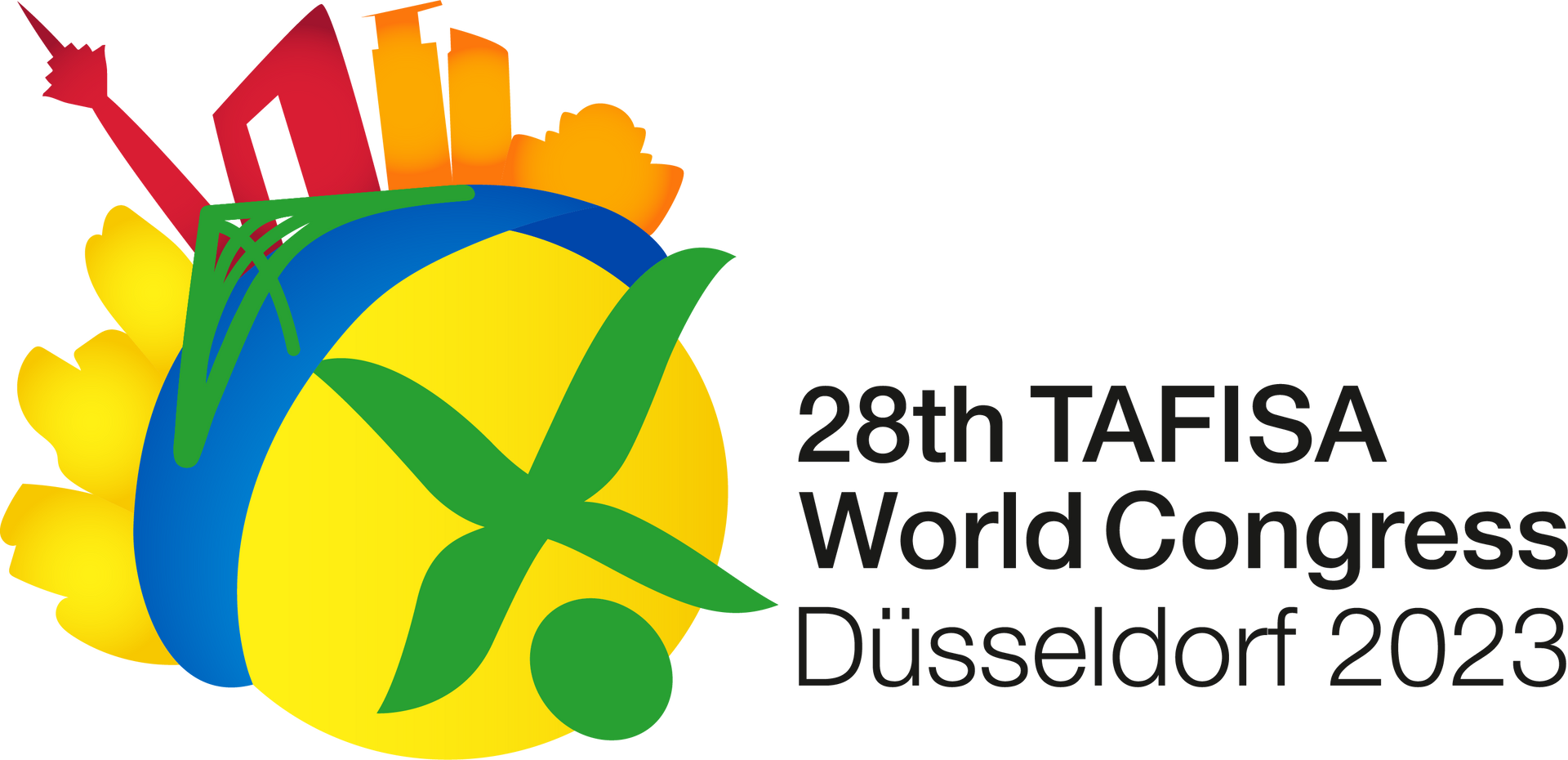
GENERAL INFORMATION
Travel to Düsseldorf
Düsseldorf is easily reached by plane, train or car.
Please note that Arrival and Departure Transportation will only be covered from Düsseldorf Airport and Düsseldorf Central Station. Find out more about Arrival and Departure Transportation shortly.
BY AIRPLANE
The closest airport is Düsseldorf Airport which is about 10km from central Düsseldorf.
BY TRAIN
The closest train station to central Düsseldorf is the main station.
BY CAR
Düsseldorf can be reached by the following highways:
A3, A44, A46 and A57.
Transportation in Düsseldorf
Thanks to the excellent and fast connection between the airport and the venue and due to our sustainability concept for the Congress, the official transportation during the Congress is organised via public transport.
Our official ports of entry are Düsseldorf Airport and Düsseldorf Central Station. Therefore, arrival and departure transportation will only be covered from these ports of entry from October 30 to November 6, 2023 to the official hotels.
When you arrive at one of our official ports of entry, a team of volunteers will welcome you.
If you arrive at the Düsseldorf International Airport, please proceed to our Welcome Desk, located between arrival gate 2 and 3 (near the General Information Point). Volunteers will be there to help you with your transportation to the hotel.
If you arrive at the Central Train Station, please proceed to platform 16 at the station concourse. Please look out for volunteers holding a sign with the Congress logo.
If you have trouble finding the volunteers, please contact our official transport line: +49 178 779 8821 (This number is only working October 30 to November 6, 2023).
We will use the public transportation service to get you to the hotels and the venue. Each participant will receive a ticket to use for public transportation upon arrival. The ticket will be valid during your whole stay in Düsseldorf. Each participant will have to sign a sheet to confirm the receipt of the ticket. Please take very good care of it. If you lose the ticket, we cannot give you a new one, since each participant will only receive one ticket.
Once you have received your public transportation ticket, the volunteers will guide you to the bus or tram stations. It will be explained where you have to go and where to get off the bus or tram to get to the Hilton Hotel, NH Düsseldorf City Nord, or the DJH Hostel. Volunteers will accompany larger groups that arrive at the same time.
To / From
Hilton Hotel
Düsseldorf
Georg-Glock-Straße 20
40474 Düsseldorf
16 min from Düsseldorf Airport by Public Transport
16 min from Düsseldorf Central Station by Public Transport
Parking Fee 25 EUR per day
To / From
NH Hotel
Düsseldorf City Nord
Münsterstraße 230-238
40470 Düsseldorf
6 min from Düsseldorf Airport by Public Transport
5 min from Düsseldorf Central Station by Public Transport
8 min from Congress Location Hilton Hotel Düsseldorf by Public Transport
Parking Fee 19 EUR per day
To / From
DJH Hostel
Düsseldorf
Düsseldorfer Straße 1
40545 Düsseldorf
29-49 min from Düsseldorf Airport by Public Transport
15-24 min from Düsseldorf Central Station by Public Transport
21-34 min from Congress Location Hilton Hotel Düsseldorf by Public Transport
Parking Fee 16 EUR per day
Useful information about Germany
Time zone
The time zone in Germany is Central European Time (UTC+01:00) and Central European Summer Time (Mitteleuropäische Sommerzeit, MESZ; UTC+02:00).
Please note that Germany is changing to Central European Time on October 29th, the Sunday before the Congress week.
Public Holiday during the Congress week
On November 1st, North Rhine-Westphalia has a Public Holiday (All Saints' Day), which is also celebrated in the federal states of Baden-Württemberg, Bavaria, Rhineland-Palatinate and Saarland. Please note that therefore shops might be closed.
Weather
Germany has a temperate climate. It is shaped by the transition of Western European maritime climate to East European continental climate. The warmest time of the year is from June until September with a monthly average temperature from 21°C until 25 °C. January is the coldest month (average temperature 3,5 °C).
The average temperatures in Düsseldorf during the period of the congress in November would generally be as follows:
- Air Temperature – lowest 5°C
- Air Temperature – highest 10°C
- However, due to Climate Change the beginning of November can be very vernal. We recommend checking the weather forecast about a week in advance to make sure you dress appropriately.
For the latest weather forecast please check the forecast on this website.
Electricity
Electricity in Germany is 230 V and the frequency is 50 Hz, plugs type C and F are used:
Currency Exchange
The official currency of Germany is EURO (EUR/€).
Security
Germany is known for its low crime rate, but it is always wise to be careful of one’s personal belongings.
Emergency Calls
Emergency Ambulance / Fire Station 112
Police 110
Calling 911 is also possible to get help in case of emergency and the responder will most likely answer in English.
Smoking
Smoking is allowed outdoors. Public transportation such as trains, buses and taxis are generally non-smoking. Non-Smoking rules are to be followed. You will have to pay severe fines in case of violations.
Drinking Water – Tap Water
Tap water is safe to drink anywhere in Germany.
Tipping
Tipping is not mandatory in Germany but is very welcomed.
Credit Cards
Major credit card providers such as VISA, MasterCard and American Express are widely accepted in Germany.
Liability
The Organising Committees and/or Congress Organisers will not be held liable for personal accidents or losses or damage to private property of registered participants to the Congress. Participants should make their own arrangements as regards personal insurances.
Entry to Germany and VISA Information
VISA as an EU National
No visa requirements apply to EU nationals when entering Germany.
VISA as a Non-EU National
Usually all foreigners entering Germany require a visa when staying in the country. However, no visa is required for visits up to 90 days within a 180-day period.
Note: these specific rules only apply for nationals that come from countries for which the European Community no longer has visa restrictions in place.
You can find out here if you need to apply for a visa to enter Germany: Overview of visa requirements/exemptions for entry into the Federal Republic of Germany - Federal Foreign Office (auswaertiges-amt.de)
If you need more information about which visa to choose please visit: Visa Navigator - Federal Foreign Office (auswaertiges-amt.de)
Note:
- It sometimes takes more than a month to obtain a visa from the German Embassy or Consulate in your country. We strongly recommend you to complete the registration and payment well in advance to receive the application form for supporting documents for your visa application from the Secretariat.
- The documents issued by the organiser do not assure the applicants of obtaining the visa but will be judged by the German Embassy or Consulate where you have applied for your visa.
- For any documentation required to be provided by us, please contact us.
Diversity & Inclusivity
The 28th TAFISA World Congress is open to All. We foster a climate of purposeful inclusion and an environment where all can feel safe. We cherish the differences in all humans, which include differences in sex, age, race, ethnicity, and national origin, range of abilities, sexual orientation, gender identity, financial means, education, and political perspective. Everyone is warmly welcome at the TAFISA World Congress 2023.
For any enquiry regarding the topics of diversity, inclusion, accessibility, or awareness, our colleague Jana is there to help. You can contact her anytime via email.
Sustainability
We want to demonstrate our commitment to sustainability - that is why we strive to make the TAFISA World Congress 2023 a sustainable event.
Events are subject to a substantial consumption of resources and cause ecologically emissions. We want to minimalise the environmental impact and raise awareness for a more environmental friendly behaviour at the 2023 TAFISA World Congress through various initiatives, such as waste minimasation or eco-friendly ways of transportation.
We will update you about our strategy and measures on this page.
Discover Düsseldorf
The 28th version of the TAFISA World Congress will take place in Düsseldorf, the state capital of North Rhine-Westphalia. Düsseldorf is a liveable and loveable, modern and multicultural, traditional and tolerant city in western Germany. It is known as a truly sports city with many professional sports teams and a wide range of sports opportunities for everyone. Düsseldorf is part of the Rhine-Ruhr area, the largest urban area in Germany.
Diverse, full of contrast, yet united. That’s Düsseldorf! The warmth of the people who live here is what gives the city its cosy village feel.
Düsseldorf is the capital city of North Rhine-Westphalia, the most populous state of Germany. It is the second-largest city in the state and the seventh-largest city in Germany. Düsseldorf is an outspokenly diverse and multifaceted city that caters to a wide variety of interests and people. Whether you are chic or chill, active or taking things at your own pace, into historic buildings or modern culture; Düsseldorf has something for everyone. Stroll along the Rhine banks, get a hint of german culture in the old city and its brewpubs, discover the fashion capital of Germany at the "Kö" – the shopping destination for exquisite jewellery shops, designer labels, and galleries – experience Japan in the middle of Europe as Düsseldorf and its Little Tokyo is home to the largest Japanese community in Germany, or be stunned by architectural masterpieces throughout the media harbour.
Hosting over 80 different major sport events welcoming over a million spectators every year, Düsseldorf is a must-visit city for sport enthusiasts around the world. It is home to several top sport teams representing multiple different sports and creates memorable sport moments for its people, athletes, tourists, sponsors, and media. As the most physically active population in Germany with over 85% sport participation amongst all residents, people of Düsseldorf are living examples of what Sport for All is about.
Find out more about the beautiful city of Düsseldorf and sightseeing spots at
https://www.duesseldorf-tourismus.de/en
© Düsseldorf Tourismus GmbH
Discover Germany
Located in the heart of Europe, Germany has a lot to offer through its rich nature and culture. From the German shore in the North to the internationally known and diverse capital Berlin, without forgetting the Rhine River region in the West, the Alps in the South, and the agricultural land, rivers and lakes, forests, urban centres, and hilly low mountain ranges in between, Germany provides for a broad range of interests and activities. It is a country where you can enjoy centuries-old traditions along with multicultural diversity in the various big cities.
The large German population of 84 million people live across 16 states which are governed by a liberally democratic and social-constitutional state. Called the “Land of Poets and Thinkers” due to its rich history in art and classical music, Germany also provides a diverse offer of international sports events and internationally known athletes, representing the important sporting culture each German state takes pride in.
Come and explore what Germany has to offer!
Germany in numbers
Population: 84,270,625 (2021)
Position: Germany is a Central European country.
Area: 357,592 km2
Government: Germany is a liberally democratic and social constitutional state.
Capital city: Berlin, population: 3.85 million (2022).
President of Germany: Frank-Walter Steinmeier
Chancellor of Germany: Olaf Scholz
International affiliations: Germany has been a member of the European Union since 1 January 1958 and a member of NATO since 6 May 1955.
Official language: German
Religion: The majority of the population is Christian; Germany also has other officially registered religious communities.
Currency: Euro (EUR/€)
GDP per capita (in EUR): EUR 46,149 Euro (2022)
Climate: temperate climate
Time: Central European Time (CET) / GMT +1, in summer CEST / GMT +2
Average temperatures: July 16.9 °C , January 3.5°C
Mains voltage: 230 V
Units of measurement: metric – metres, kilometres, grams, kilograms. Temperatures are expressed in degrees Celsius.
Length of borders: 68 km with Denmark, 576 km with Netherlands, 204 km with Belgium, 136 km with Luxembourg, 455 km with France, 333 with Switzerland, 817 km with Austria, 817 km with Czech Republic and 469 km with Poland; in total 3,876 km
Length of coastline: 2,389.0 km
Highest peak: Zugspitze, 2,962 m
Thank you for joining the TAFISA World Congress in Düsseldorf, Germany
Partners & Sponsors
MENU
GET IN TOUCH
If you have an enquiry or a question, please contact:
tafisa-congress2023(at)dosb.de.
The Organising Committee will get back to you as soon as possible.
All Rights Reserved | Deutscher Olympischer Sportbund e.V. (DOSB)
All Photos picturing Düsseldorf provided by © Düsseldorf Tourismus GmbH
Legal Notice | Data Protection Guidelines | Terms & Conditions for TAFISA World Congress 2023
